Search
Remove Ads
Advertisement
Summary 
Loading AI-generated summary based on World History Encyclopedia articles ...
Search Results
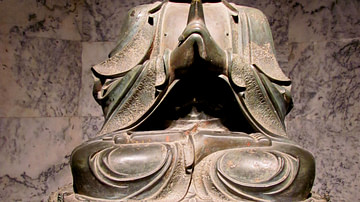
Definition
Esoteric Buddhism
Esoteric Buddhism is the mystical interpretation and practice of the belief system founded by the Buddha (known as Sakyamuni Buddha, l. c. 563 - c. 483 BCE). It is known by several names and is characterized by a personal relationship with...

Interview
Interview: Buddhism in Korea
In this interview, James Blake Wiener, Co-Founder and Communications Director at Ancient History Encyclopedia (AHE), speaks to Emeritus Professor James H. Grayson, Professor of Korean Studies at the University of Sheffield, about the historical...
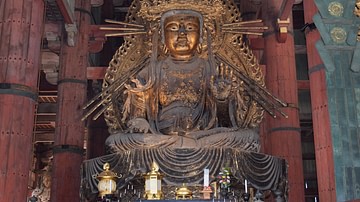
Article
Buddhism in Ancient Japan
Buddhism was introduced to ancient Japan via Korea in the 6th century CE with various sects following in subsequent centuries via China. It was readily accepted by both the elite and ordinary populace because it confirmed the political and...
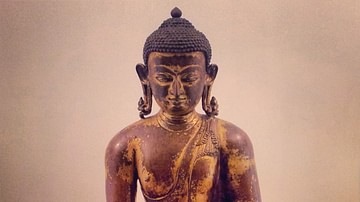
Definition
Mahayana Buddhism
Mahayana Buddhism is the largest Buddhist sect in the world, and its beliefs and practices are what most non-adherents recognize as "Buddhism" in the modern era. It developed as a school of thought sometime after 383 BCE, possibly from the...

Definition
Buddhism
Buddhism is a non-theistic religion (no belief in a creator god), also considered a philosophy and a moral discipline, originating in the region of modern-day India in the 6th and 5th centuries BCE. It was founded by the sage Siddhartha Gautama...
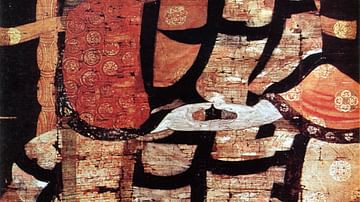
Definition
Saichō
Saichō, also known as Dengyo Daishi (767-822 CE), was a monk and scholar who founded the Buddhist Tendai Sect in Japan. Based on the teachings of the Chinese Tiantai Sect, Saichō's simplified and inclusive version of Buddhism grew in popularity...
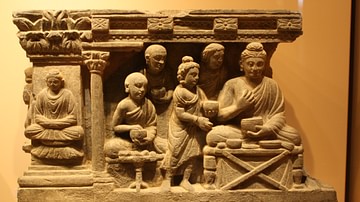
Article
A Short History of the Buddhist Schools
The different Buddhist schools of thought, still operating in the present day, developed after the death of the Buddha (l. c. 563 - c. 483 BCE) in an effort to perpetuate his teachings and honor his example. Each of the schools claimed to...
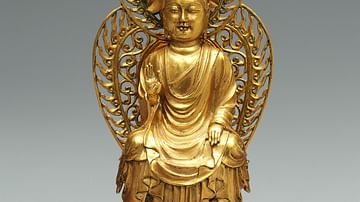
Article
Buddhism in Ancient Korea
Buddhism, in Korean Bulgyo, was introduced by monks who visited and studied in China and then brought back various Buddhist sects during the Three Kingdoms period. It became the official state religion in all Three Kingdoms and subsequent...
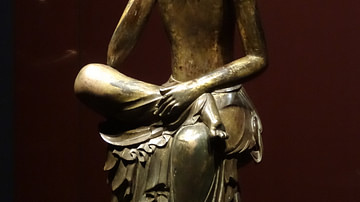
Article
Zen Buddhism in Ancient Korea
Buddhism was introduced from China to ancient Korea in the 4th century BCE and adopted as the official state religion by the Kingdoms of Baekje, Goguryeo, and Silla. The faith split into separate divisions across Asia, one of the most important...
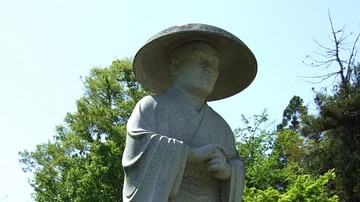
Definition
Ennin
Ennin (c. 793-864 CE, posthumous title: Jikaku Daishi) was a Japanese Buddhist monk of the Tendai sect who studied Buddhism at length in China and brought back knowledge of esoteric rituals, sutras, and relics. On his return, he published...